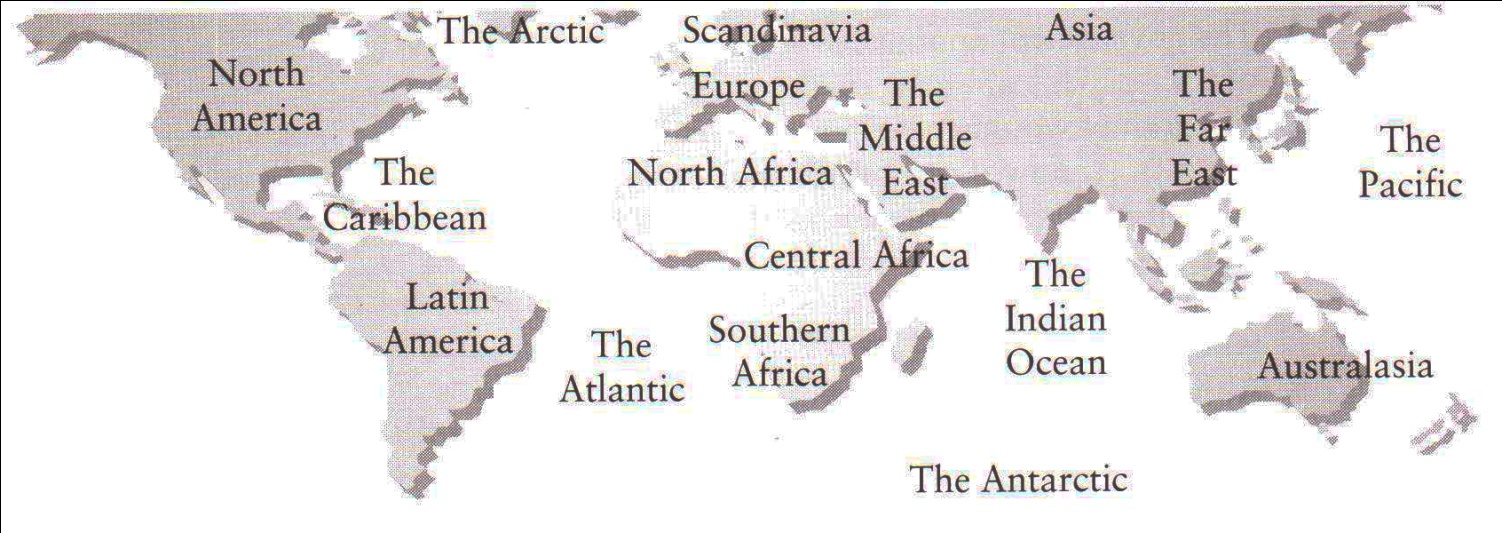7нн. Методические указания и задания к занятиям семинарского типа, контрольной и самостоятельной работе по дисциплине
 Скачать 0.85 Mb. Скачать 0.85 Mb.
|
|
___________________________________________________________ Tape script 4 Good morning, ladies and gentlemen, thank you for coming. My name is Sarah James, and I’m here to give a brief presentation on the company. My talk is very short so please keep your questions to the end. The first part of my presentation is about the company structure of Pizza Hut (UK). The second part looks at the present activity of the company in the UK, and in the last part I want to talk about our future plans. First, the structure. Let’s start with the parent company. As you know, Pizza Hut (UK) is a subsidiary of Tricon Global Restaurants. There are other brands in the group, such as KFC and Taco Bell. The President of Pizza Hut (UK) is Jon Prinsell. Now, let’s look at our present activity. Business is very good. People in Britain like pizzas! We have sales of over ₤300 million from 400 outlets. We employ about 16,000 people. In Britain our brand is very well-known. 80% of the population eat at Pizza Hut at least once a year. On top of that, we deliver 75,000,000 pizzas to people’s homes. Pizzas are our main product, but we also sell a lot of pastas, salads, desserts, and drinks. Finally, the future. In the next ten years we plan to open at least another hundred restaurants. At the moment our market share of all meals in restaurants in Britain is 6%. We would like to increase that number to 10% in the next ten years. With our customers and our staff, that aim is possible. Thank you for listening. Do you have any questions? Business today is international. Business people often have to travel a lot. They have to plan an itinerary for a foreign business trip to make good use of their time. On a business trip people may meet colleagues and business partners for the first time. It is usual for colleagues from different countries to experience cultural differences. In other words, they may be surprised by foreign social conventions, i.e. the different ways that other nationalities or different cultures do things. Unit 1 C  OUNTRIES AND NATIONALITIES ___________________________________________________________ Vocabulary Adjectives referring to countries and languages We can use adjectives of nationality when we talk about a country's products, culture, history etc: I've just bought some nice Austrian cheese from the supermarket. Bulgarian yoghurt is famous all over the world. Have you ever read any Russian novels? For most nationalities we can use the adjective as a noun, e.g. a German, an Italian, a Greek.
Nationality Adjective and Nationality Noun are the same: With –‘an’
With'-ese'
Other patterns
With other nationality words, the adjectives and nouns often have different forms.
Nationality Adjective and Nationality Noun are different: Some nouns need man/woman or person added to them:
Many nationality adjectives end with '-ish'. With '-ish' nationality adjectives, the nationality noun is usually different in form. We can't, for example, say He's
Other patterns
Special points to remember The is sometimes used with the name of a nationality in order to make a general statement about the people of that nationality. A plural verb must be used in such a statement. When the name of a nationality ends in the sound of ch, s, sh or z, the name of the nationality must usually be preceded by the.
When the name of a nationality does not end in the sound of ch, s, sh or z, the letter s must be added to the end of the name when it is used in a gene-ral statement. Names of nationalities to which s has been added are often used without being preceded by the.
___________________________________________________________ Correct the mistakes in these newspaper headings. Use your dictionary. Madonna to marry a French? Hollywood sensation! Britains have highest tax rate in EC Vietnamian refugees leave Hong Kong camps Police arrest Dannish on smuggling charge Iraqian delegation meets Pakistanian President Language forExpressing intention. Study the different ways of saying how strong your intention is.
Use the phrases you have studied to express your intention in the situations given below. Work in pairs. A. How long do you plan to stay in the USA? B. _______________ to leave at the end of the term. A. Have you made up your mind about the tickets? B. Yes, ______________travel economy class; it's much cheaper. A. What time should we expect you in Berkeley? B. ___________ come around Christmas. A. Have you made any plans for this summer? В. Well, ___________ going to Palm Beach if I can afford it. A. When do you think you will call Maggie? B. ___________________ try Monday night. A. Are you flying to Frankfurt? B. No, ______________ I'll take a train. Speaking. Use these expressions to talk about your intentions to visit each of the following countries. Develop the conversations.
|
